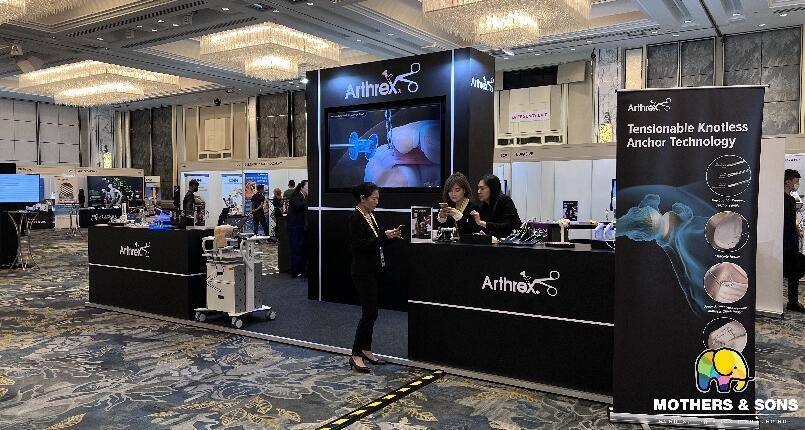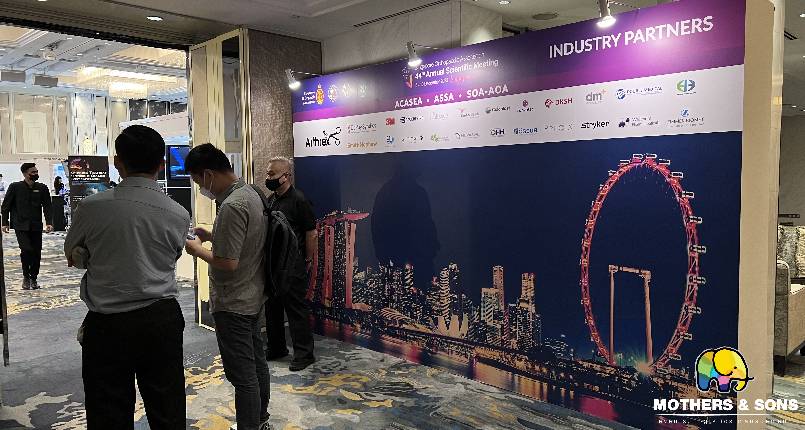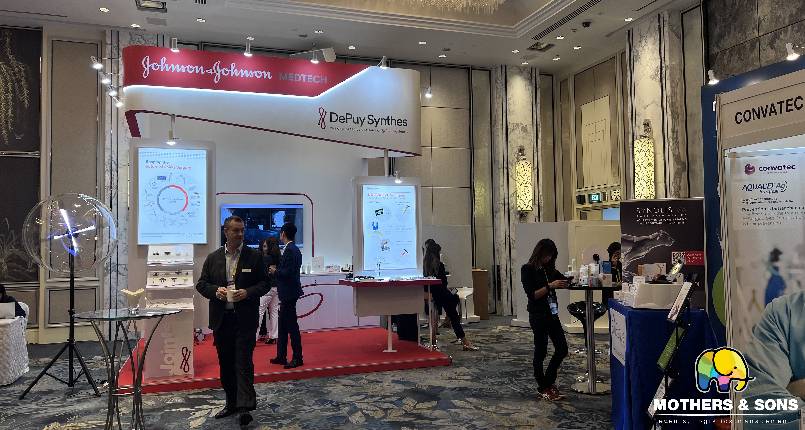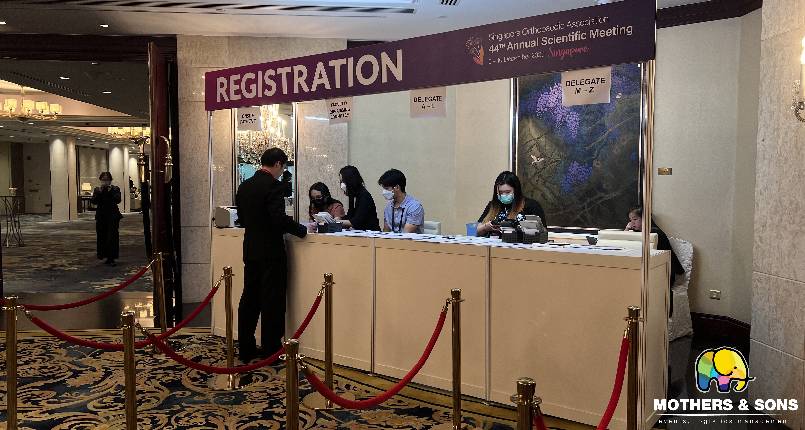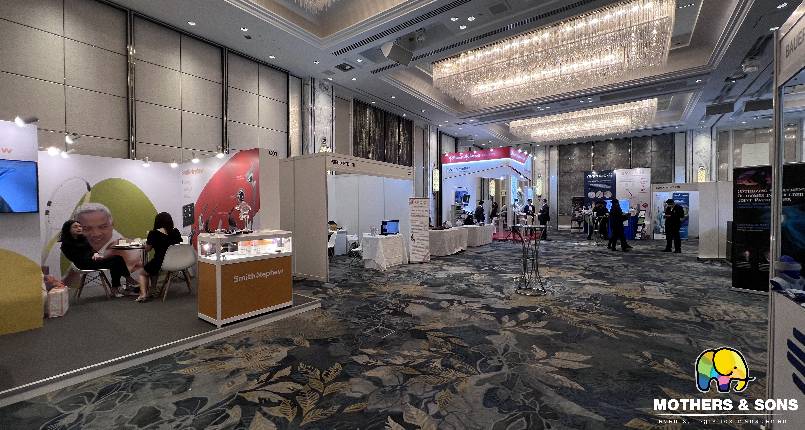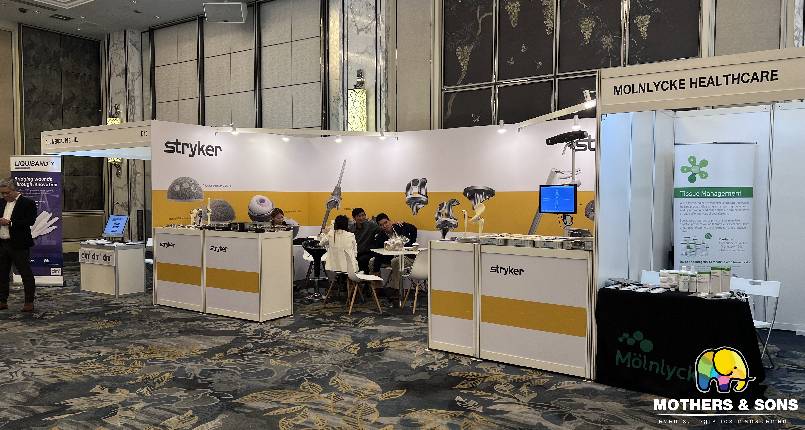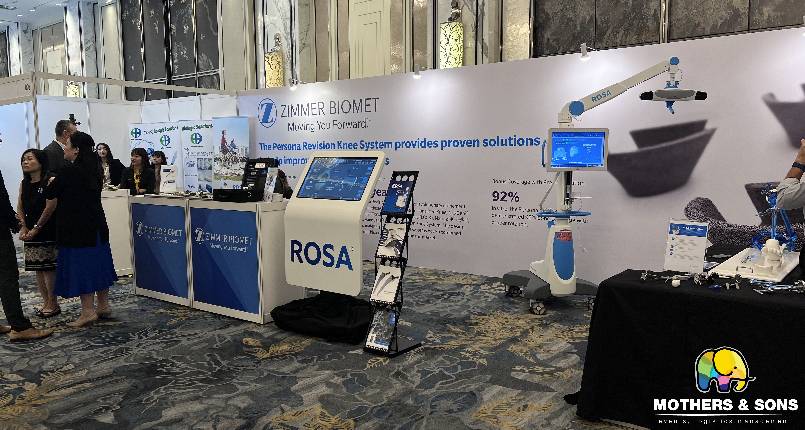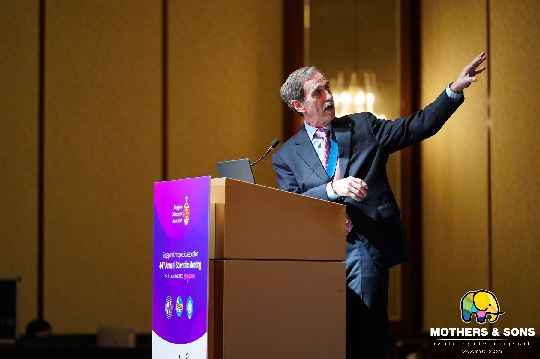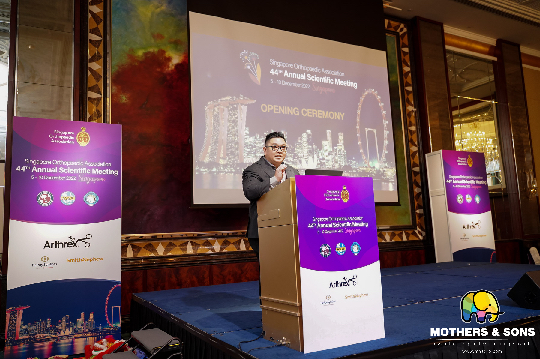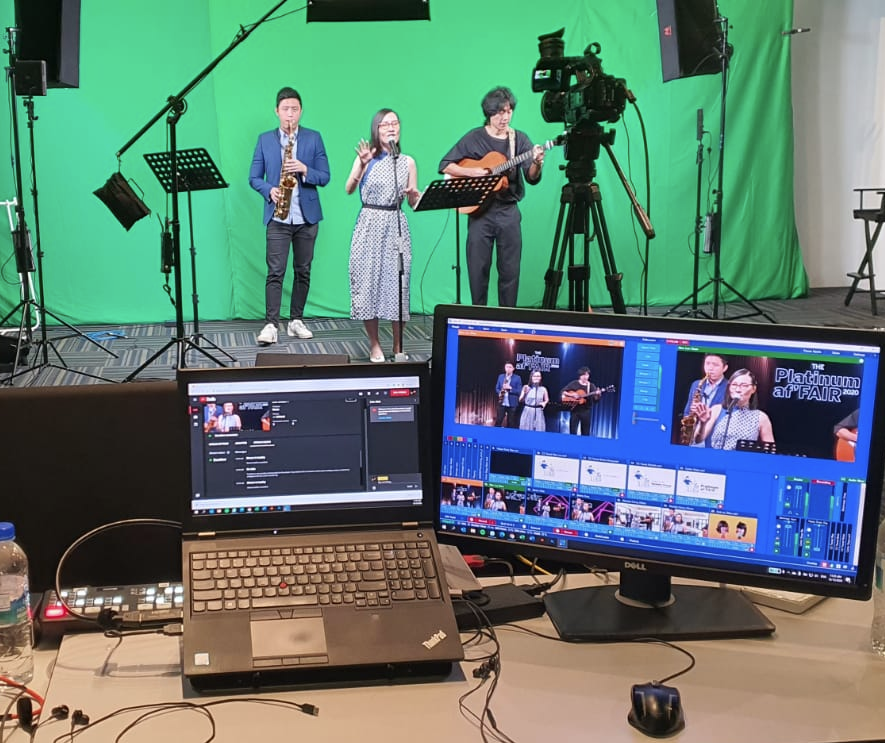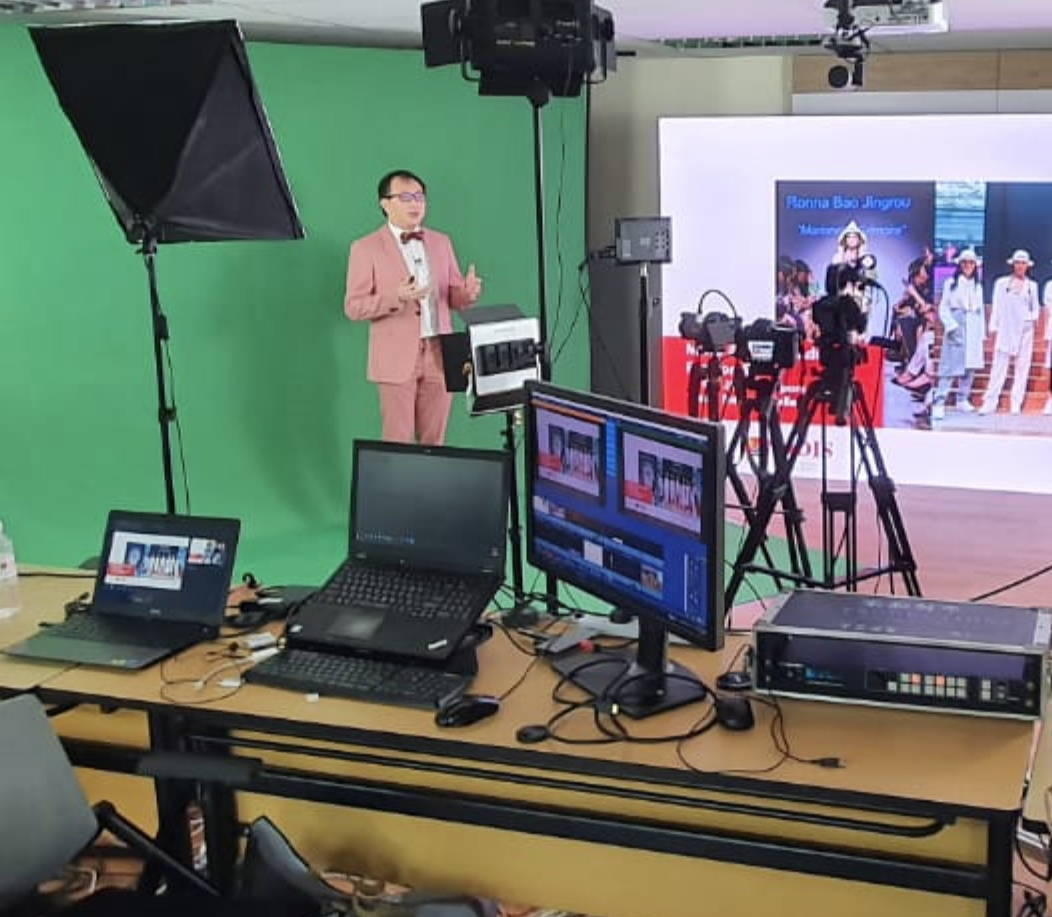Conference and Meeting Organizer
Unleashing the Creativity of a Conference and Meeting Organizer
In the pulsating world of event planning, where each detail acts as a brushstroke on the canvas of perfection, mastering the art is akin to orchestrating a symphony of precision and finesse. Picture this: a grand conference that seamlessly unfolds, every speaker’s word echoing with impact, and each attendee leaving inspired and invigorated. This is the realm of the Conference and Meeting Organizer – the maestro behind the scenes, crafting unforgettable experiences that linger long after the final curtain call. As we delve into the enchanting realm of event planning, we uncover the multifaceted role of the Conference and Meeting Organizer.
With a keen eye for detail and a flair for the extraordinary, these unsung heroes navigate the intricate dance of logistics and creativity with effortless grace. From selecting the perfect venue that whispers of elegance to coordinating schedules that ensure a seamless flow, every decision made by these masterminds contributes to the symphonic success of any gathering. Join us on a journey where we unravel the secrets, strategies, and sheer magic that form the backbone of mastering the art of event planning – led by none other than MOTHERS AND SONS.
Conference Venues, Talent Management, AV logistics, Delegates Management
When it comes to event planning, mastering the art of organizing conferences and meetings is crucial. The success of any event relies heavily on factors such as selecting the right conference venues, talent management, AV logistics, and efficient delegate management.
- Conference Venues: The choice of conference venues is paramount in creating the perfect setting for your event. Whether it’s a sophisticated hotel ballroom, a modern convention center, or a unique outdoor space, selecting the right venue sets the tone for the entire event.
- Talent Management: Managing the talent for your conference or meeting is key to ensuring a seamless and engaging event. From keynote speakers to panelists and performers, talent management involves organizing schedules, coordinating logistics, and ensuring that all speakers are well-prepared to deliver their best.
- AV Logistics: Audiovisual logistics play a critical role in the success of any conference or meeting. From sound systems and lighting to projection equipment and live streaming capabilities, AV logistics ensure that your event runs smoothly and all attendees can fully participate and engage.
- Delegate Management: Managing delegates effectively is essential for a successful event. From registration and check-in processes to providing personalized experiences for attendees, delegate management involves creating a seamless and enjoyable experience for all participants.
By mastering the intricacies of conference and meeting organization, event planners can unleash the full potential of their events. Paying attention to details such as conference venues, talent management, AV logistics, and delegate management can elevate your event planning skills and create memorable experiences for all attendees.
1. Selecting the Perfect Venue: Crafting the Ideal Atmosphere
When it comes to event planning, selecting the perfect venue is crucial. The venue sets the tone and atmosphere for the entire event, so it’s essential to choose wisely. As a Conference and Meeting Organiser, your goal is to create an environment that not only meets but exceeds the expectations of your attendees.
Consider the nature of the event you are planning. Different events require different types of venues. For a professional conference, you might opt for a sleek hotel ballroom or a modern convention center. On the other hand, a more intimate meeting may call for a cozy boardroom or a stylish lounge.
Location plays a significant role in crafting the ideal atmosphere. Ensure that the venue is easily accessible for your attendees and has ample parking or public transportation nearby. A convenient location can enhance the overall experience for your guests and set a positive tone right from the start.
The layout and design of the venue are also important factors to consider. Make sure the space is versatile enough to accommodate your event’s needs, whether it’s seating arrangements, audiovisual equipment, or networking areas. A well-designed venue can contribute to the success of your event by creating a comfortable and engaging environment for your attendees.
Think about the amenities and services offered by the venue. Does it provide catering services, technical support, or event planning assistance? These additional services can make your job as a Conference and Meeting Organiser much easier and ensure a seamless event execution.
Lastly, don’t forget about the budget. While you want to provide a memorable experience for your attendees, you also need to consider the financial aspect. Make sure the venue you choose fits within your budget and offers good value for the services provided.
By carefully selecting the perfect venue for your event, you can craft the ideal atmosphere that will leave a lasting impression on your attendees. As a Conference and Meeting Organiser, mastering the art of venue selection is key to unleashing the full potential of your events.
2. Curating Compelling Speaker Lineups: Captivating Audiences
When it comes to **Mastering Event Planning** as a **Conference and Meeting Organiser**, curating a compelling speaker lineup is essential for captivating audiences. A successful event hinges on the quality of speakers chosen to engage and inspire participants.
- Selecting the Right Speakers
Choosing speakers who align with the conference theme and audience interests is crucial. Look for experts in the industry, thought leaders, and engaging personalities who can deliver valuable insights and leave a lasting impact on attendees. - Diversity and Inclusivity
Aim for a diverse lineup that represents different perspectives, backgrounds, and experiences. Inclusivity not only enriches the event but also ensures that a broader range of attendees feel represented and engaged. - Mix of Topics and Formats
Offer a variety of topics and presentation formats to cater to different learning styles and preferences. Mix keynote speeches, panel discussions, workshops, and interactive sessions to create a dynamic and engaging agenda. - Engagement and Interaction
Encourage speakers to interact with the audience through Q&A sessions, polls, and networking opportunities. Engagement fosters a sense of community among attendees and makes the event more memorable and impactful. - Promotion and Anticipation
Build anticipation around your speaker lineup through strategic promotion and teaser campaigns. Highlight key speakers, their expertise, and what attendees can expect to learn or gain from their presentations. - Feedback and Adaptation
Collect feedback from attendees post-event to gauge the effectiveness of your speaker lineup. Use this data to continuously improve and adapt future conferences, ensuring that each lineup is even more compelling and audience-focused.
By carefully curating a speaker lineup that captivates audiences, Conference and Meeting Organisers can elevate their events, create meaningful experiences for attendees, and establish their reputation as industry leaders in event planning.
3. Understanding the Role of a Conference and Meeting Organizer
In the realm of event planning, the role of a Conference and Meeting Organizer holds significant importance. These professionals are the backbone of successful gatherings, ensuring that every detail is meticulously taken care of to deliver a seamless and memorable experience for attendees.
A Conference and Meeting Organizer plays a pivotal role in conceptualizing, planning, and executing events of various scales. From corporate conferences to industry summits, their expertise ensures that each event is meticulously planned to meet the objectives and expectations of the organizers and participants alike.
One of the key responsibilities of a Conference and Meeting Organizer is to coordinate all aspects of the event, from venue selection to catering arrangements, audiovisual setup, and guest accommodations. They are adept at multitasking and managing logistics to ensure that everything runs smoothly on the day of the event.
Moreover, these professionals are skilled in budget management, negotiating contracts with vendors, and handling unforeseen challenges that may arise during the planning process. Their meticulous attention to detail and organizational skills are essential in creating a cohesive and successful event.
In addition to the operational aspects of event planning, a Conference and Meeting Organizer also plays a crucial role in fostering relationships with stakeholders, sponsors, and key speakers. They act as liaisons between all parties involved, ensuring effective communication and collaboration throughout the planning process.
Furthermore, Conference and Meeting Organizers are adept at leveraging technology to enhance the event experience, from online registration platforms to virtual event solutions. Their ability to adapt to the latest industry trends and technological advancements sets them apart as indispensable professionals in the field of event planning.
In conclusion, the role of a Conference and Meeting Organizer is multifaceted and requires a unique blend of skills, including organizational prowess, attention to detail, budget management, and interpersonal communication. By mastering the art of event planning, these professionals unleash the power of creating unforgettable and impactful experiences for all stakeholders involved.
4. Crafting Seamless Event Schedules: Ensuring a Flawless Flow
Crafting Seamless Event Schedules: Ensuring a Flawless Flow
When it comes to mastering event planning with a conference and meeting organizer, one of the key elements that can make or break the success of an event is the creation of a seamless event schedule. An event schedule is like a roadmap that guides both organizers and attendees through the various activities and sessions planned for the event.
To ensure a flawless flow in your event schedule, it is crucial to start by clearly defining the objectives and goals of the conference or meeting. Understanding the purpose of the event will help you structure the schedule in a way that aligns with the desired outcomes.
Next, break down the event schedule into logical sections or tracks based on the topics or themes that will be covered. This segmentation allows attendees to choose sessions that are most relevant to their interests while also ensuring a smooth transition between different parts of the event.
Utilizing a conference and meeting organizer tool can greatly facilitate the process of crafting a seamless event schedule. These tools often come with features such as drag-and-drop functionality, customizable templates, and automated notifications, making it easier to create, update, and communicate the schedule to all stakeholders involved.
Another important aspect to consider when designing an event schedule is to allow for flexibility and buffer time between sessions. Unexpected delays or last-minute changes are not uncommon in event planning, so having some leeway in the schedule can help prevent disruptions and keep the event running smoothly.
In addition to the main sessions and activities, don’t forget to include networking breaks, meals, and other essential components that contribute to the overall experience of the event. These seemingly small details play a significant role in keeping attendees engaged and energized throughout the event.
Lastly, communication is key when it comes to ensuring a flawless flow in the event schedule. Make sure to share the schedule with all participants well in advance, provide clear instructions on how to navigate the event, and be readily available to address any questions or concerns that may arise.
By following these guidelines and leveraging the power of a conference and meeting organizer, you can create a well-crafted event schedule that not only meets the objectives of the event but also ensures a seamless and memorable experience for all attendees.


